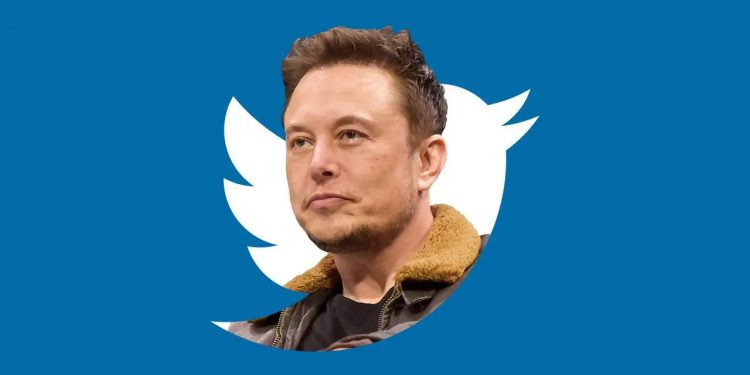The expression, “free for all,” means a disorganised or unrestricted situation or event in which everyone may take part, especially a fight, discussion, or trading market. Free speech advocates are predicting this is going to happen in one of the most powerful social media platforms – Twitter – after the world’s richest man, Elon Musk, signed an agreement for a planned $44 billion takeover. Their fears are not entirely misplaced since Musk is known for not always respecting the rules of fair games in trade, business and mobilising public opinion. The shape of things to come can already be seen in glimpses in post-deal tweets made by Musk. Announcing the deal, he said in his typical hyperbole that free speech is the bedrock of a functioning democracy and Twitter is the digital “town square where matters vital to the future of humanity are
debated.” This is probably why Musk defines himself as a free speech
‘absolutist’.
On the surface, the remark shows Musk’s belief in freedom of expression. But the truth is hours later the self-described free speech absolutist was engaging with tweets criticising senior Twitter staff, including an interaction with a political podcast host who had labelled the company’s legal head, Vijaya Gadde, Twitter’s “top censorship advocate.” This immediately triggered a flurry of comments on the social media platform including calls for her to lose her job. This is said to be a known pattern to vilify a person in the social media with the intent to remove the unwanted person. The Gadde post elicited a wave of expressions of support for her and criticism of Musk, from present and former employees. A group of female Twitter employees, under the handle @TwitterWomen, posted “the women at Twitter are the best of us” while the platform’s former chief executive, Dick Costolo, accused the billionaire of “making an executive at the company you just bought the target of harassment and threats.”
Writing about Musk acquiring Twitter and the free speech controversy that erupted immediately thereafter, the New York Times had said “Twitter has been dragged into morasses over disinformation peddlers, governments’ abuse of social media to incite ethnic violence and threats by elected officials to imprison employees over tweets they didn’t like. Like Facebook, YouTube and other internet companies, Twitter was forced to morph from hardliner on free expression to speech nanny.” Many fear that Gadde might be ousted from Twitter to give a free hand to Musk and give shape to his extreme ideas on free speech.
Till the other day, Twitter had thousands of pages of rules prohibiting content such as material that promotes child sexual exploitation, coordinated government propaganda and offers of counterfeit goods. Musk is a relatively new player in this space. He has yet to tackle the difficult trade-offs in which giving one person a voice may silence many others. An almost-anything-goes space for expression might be overrun with spam, nudity, violent incitement and bullying of children. Many amongst those who believe in freedom of expression will be apprehensive about Musk and his ideas on the subject. Support might come from those who are part of or control the establishment. However, in a country like India, the government promptly welcomed entry of Musk’s Tesla electric vehicles on only one condition that it should not be manufactured in China. This crude attempt of offering a carrot to Musk was obviously intended to keep him feeling good about the government of India.
Conventional Indian thinking would have prompted this announcement since making more money in business is primary for every Indian. Musk however is very different. His known past would tell a different story wherein he can be termed as ‘illogical’ or ‘unpredictable.’ His takeover of Twitter itself is proof of such a mind. Allowing sale of Tesla cars, the Indian government probably calculates, will allow it to send slips of paper with names of handles that need to be banned. This tradeoff is very unlikely to succeed with someone like Musk. It may not be wrong to presume that the current Indian foreign policy is proving to be a disaster primarily because of the MEA mandarins’ inability to assume that people in other parts of the world, may be, think and act differently. Handling of Elon Musk and the hope for result in handling of Indian Twitter handles may not go in
predictable lines.






































